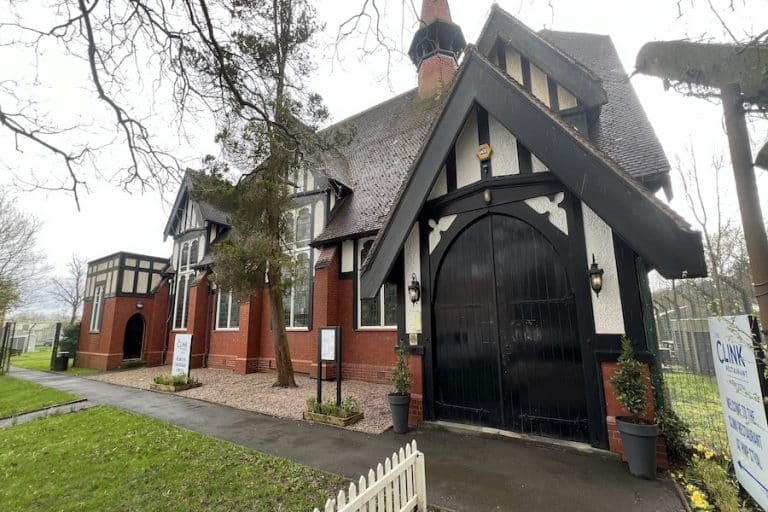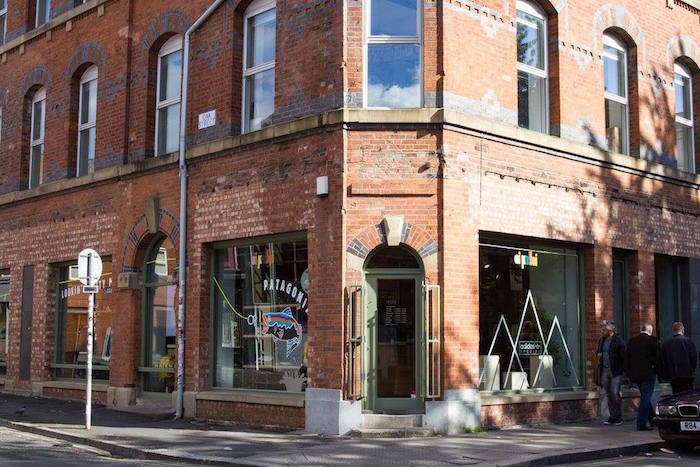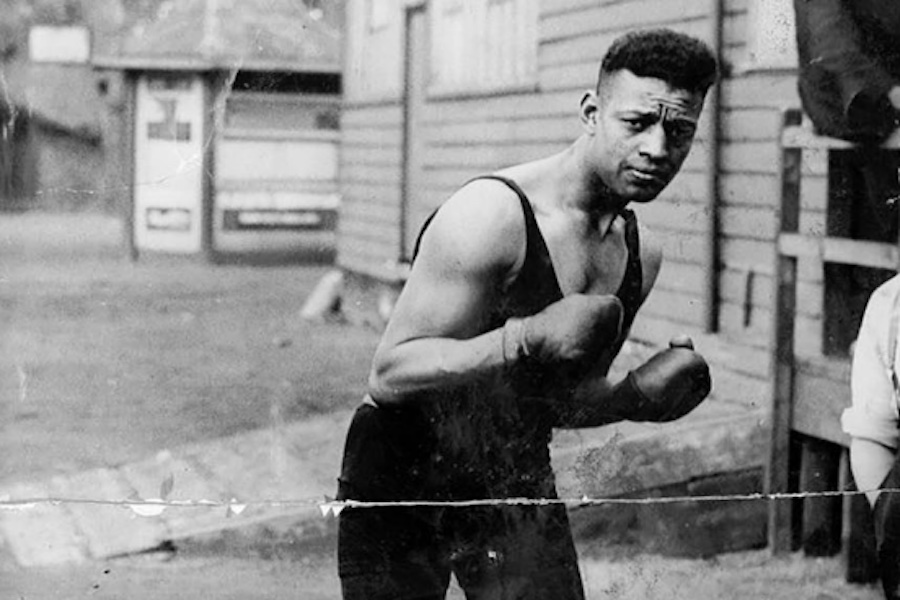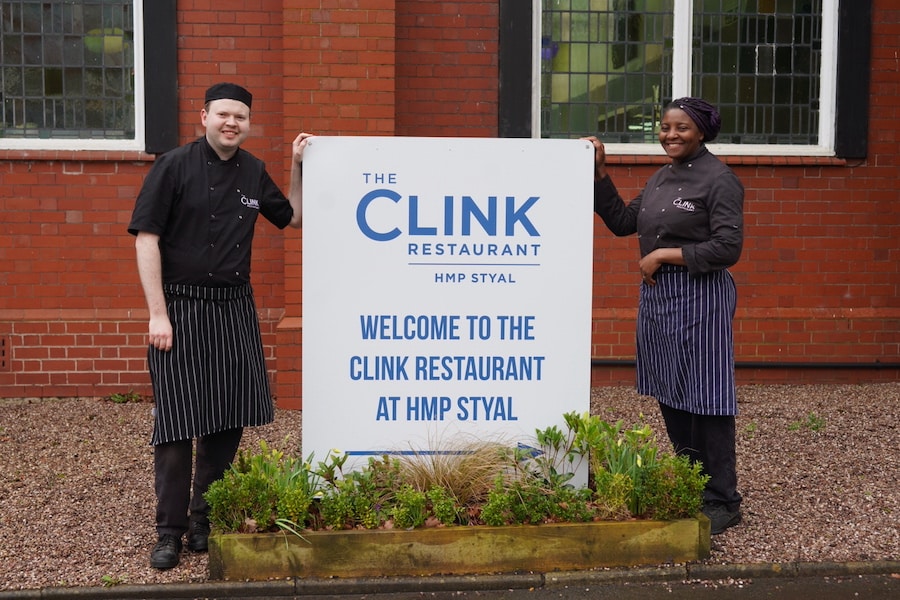Tom Kerridge says ‘selfish’ diners who don’t honour restaurant bookings are putting jobs at risk
- Written by Louise Rhind-Tutt
- Last updated 5 years ago
- Food & Drink
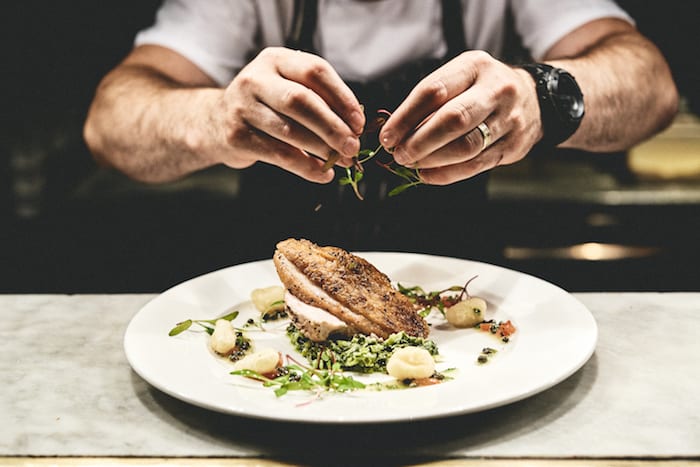
Michelin starred Tom Kerridge, the chef behind Manchester’s Bull and Bear at The Stock Exchange, has joined the many chefs and restaurateurs speaking out about the issue of ‘no shows’ – and revealing the impact of diners not turning up for bookings.
“To the 27 people that booked @kerridgesbandg and then failed to turn up on a Saturday night….. This industry, like many others is on the verge of collapse,” he wrote on Instagram about his London restaurant Kerridge’s Bar & Grill.
“Your behaviour is disgraceful, shortsighted and down right unhelpful….. all of you “no shows” in all restaurants up and down the country are adding to the issues already being faced….
“YOU are putting peoples jobs more at risk….. we put staff levels to the number of covers booked and when you fail to turn up, it now costs us, which in turn will force very uncomfortable and hard decisions about staffing levels.
“You are the worst kind of guest, and that is “selfish”. I hope you have good look at yourselves…”.
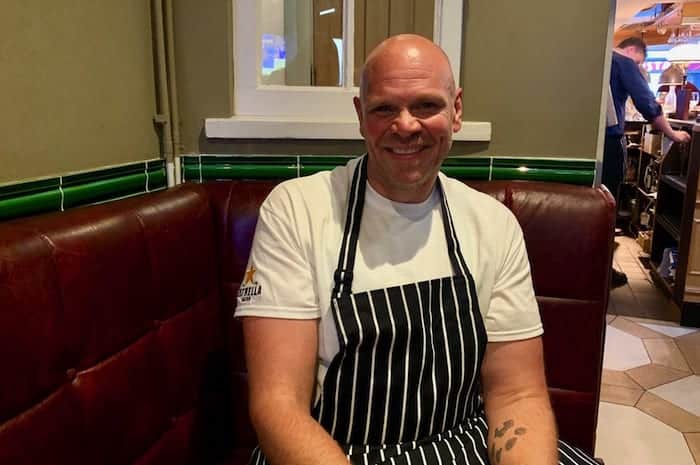
This kind of customer behavour is “not okay” agreed Michelin starred chef Jason Atherton, in response.
“Why does our industry get treated like this when a single phone call when you change your mind sorts all of this out. YOU should be ashamed of yourself and we should have protection against this as we are fighting for our very lives in an industry that nearly every person uses to have fun times.”
Tom is not the only chef to reveal the huge financial impact of ‘no shows’. According to hospitality recruitment specialists Sixty Eight People, and estimates by online bookings system Resdiary, it costs the industry around £16 billion annually.
It has been an issue in the hospitality industry for some years – and is something we wrote about back in 2018, when we asked whether paying in advance should become the norm when we dine out.
But now, at a time when restaurants need our support more than ever, the effect is crippling on struggling businesses already having to run at a reduced capacity having been closed for months.
Tracker figures from hospitality specialists CGA revealed that just 36% of group-operated sites were open for eating and drinking inside on 4th and 5th July, the first time that hospitality businesses were allowed to reopen fully since lockdown.
Their figures, which includes data from Alchemist, BrewDog, Honest Burgers, Loungers, Marston’s, Mitchells & Butlers (Harvester, Toby, Miller & Carter, All Bar One), Prezzo, Punch Pub Co, Stonegate Pub Co (Slug & Lettuce, Yates’, Walkabout), Wagamama and more, shows managed pubs and bars that opened saw sales 44.7% below pre-COVID levels compared to the same weekend in 2019.
Group-owned restaurants that were open were 41.1% down.
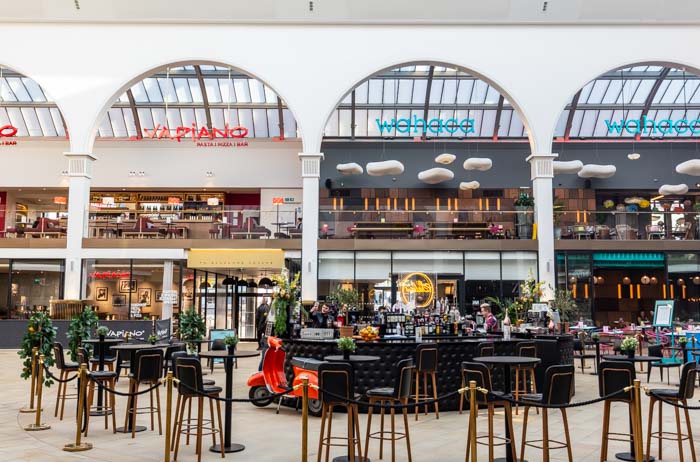
A manager at Italian chain Gusto pleaded with customers to pick up the phone if they need to cancel – warning that jobs depend on it.
“If you book a table in a restaurant and don’t plan on showing up, please cancel your booking,” tweeted Manchester’s Antonia Lallement, brand sales manager at the Knutsford-based group.
“My job, and millions of others depend on it.
“Yesterday, on our FIRST DAY back after months, we had 270 people no show. That’s about £6k in lost revenue.”
Gusto’s managing director Matt Snell told The Times that more than 800 diners did not turn up during their first four days of reopening, which equates to a loss of more than £20,000 in sales.
“At a time when the industry is reeling from being closed and operating at huge losses, to have that level of sales lost is particularly difficult to stomach,” he told the paper.
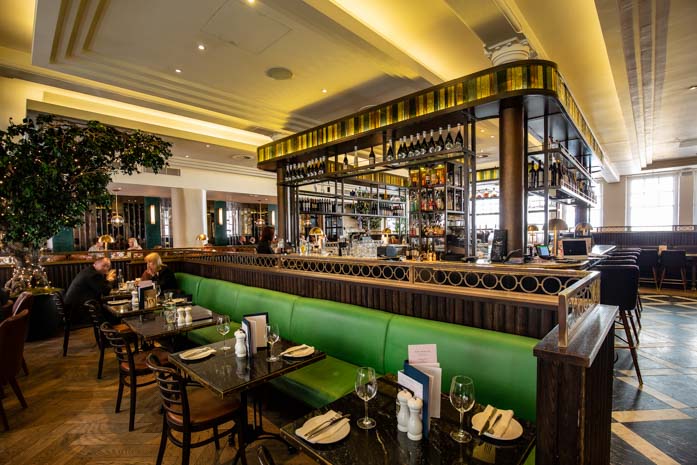
It’s a sentiment echoed by Luke Cowdrey, who owns independent West Didsbury restaurant Volta.
“Big Thankyou to the 2 tables of 6 who didn’t turn up without a phone call at @Voltamanchester,” he tweeted.
“How can someone do this when everyone is holding on for dear life at the moment. It’s hard enough in a small restaurant with half of your covers wiped out. What sort of person does this.
“We also had people booking tables for food then turning up and saying they just wanted drink. Heartbreaking.”
One solution, as has been suggested previously, is to take pre-payment in the form of a deposit, refundable if the booking is cancelled with sufficient notice. Customers would be much more likely to turn up if they had already paid – as is standard practice for most other leisure activities.
So could paying for your meal in advance become the norm when dining out in future?
Ramsbottom restaurant Baratxuri tweeted that as long as they’ve taken bookings both at Baratxuri and sister restaurant Levanter, they’ve “politely requested £10/pp deposit (except children),” and “could count the no. of no shows on 2 hands over 4/5 yrs”.
People are more likely to call in advance to cancel or rearrange if they’ve paid a deposit, they say.
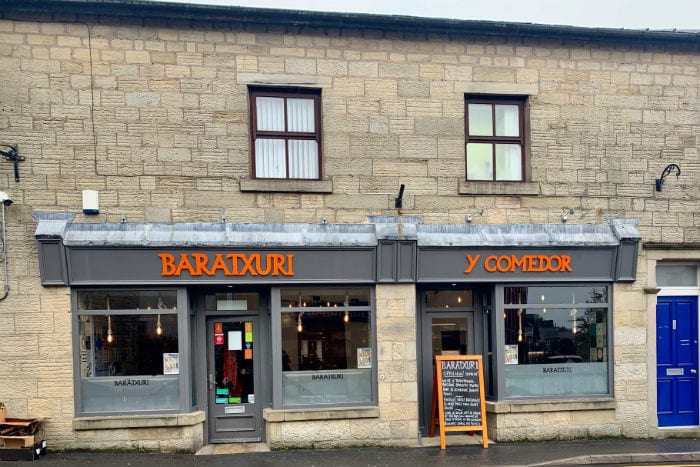
“In this era of cashless online transactions, the phenomenon of not paying a deposit up-front to book a restaurant is looking like an inexplicable and unsustainable anachronism,” Thom Hetherington, CEO of Northern Restaurant and Bar, told us back in 2018.
“We pay on booking for hotels, travel, sports, theatre, virtually every type of leisure activity, except restaurants, and that’s why this huge increase in ‘no-shows’ is killing them.
“Diners need to understand why some restaurants now ask for credit card details or a deposit on booking, and it needs to become standard industry practice.
“Sometimes you can’t honour a booking, and that’s fine, but just let the restaurant know! No-shows are killing the businesses of passionate people who are working their arses off trying to bring dining joy to us all. They’ve got to stop.”
And while all those points from 2018 are just as valid today, the need to address the issue of ‘no shows’ is arguably is more urgent than ever.
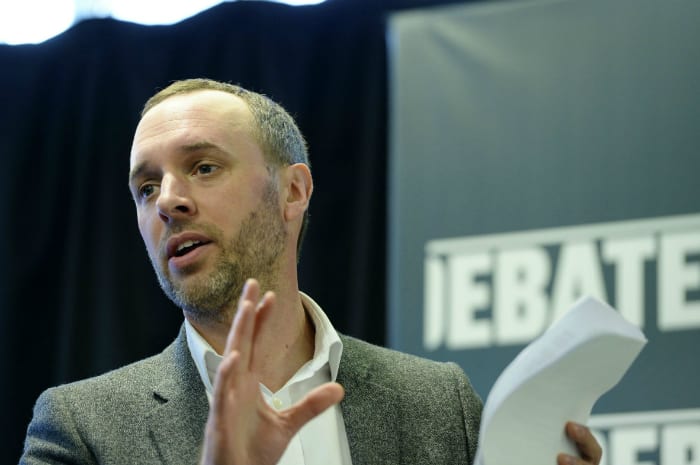
“The industry, indeed the entire country, is undergoing a fundamental reboot, and we have to take some positives from this gruelling process,” says Thom today.
“Whilst people are accepting and appreciating the need for new processes when booking restaurants, I think it is the perfect opportunity for operators to also implement a scheme to protect themselves.
“‘No showing’ has to become socially and morally unacceptable behaviour. It damages businesses and can cost people’s jobs, and no one should want to have that on their conscience.
“With a large but close-knit hospitality industry, including some very powerful voices, I think Manchester is perfectly placed to lead the charge with a campaign for no more no shows.”
Now it’s time for us Manchester diners to show the rest of the country how it’s done and make sure there are #NoMoreNoShows.
- This article was last updated 5 years ago.
- It was first published on 13 July 2020 and is subject to be updated from time to time. Please refresh or return to see the latest version.
Did we miss something? Let us know: press@ilovemanchester.com
Want to be the first to receive all the latest news stories, what’s on and events from the heart of Manchester? Sign up here.
Manchester is a successful city, but many people suffer. I Love Manchester helps raise awareness and funds to help improve the lives and prospects of people across Greater Manchester – and we can’t do it without your help. So please support us with what you can so we can continue to spread the love. Thank you in advance!
An email you’ll love. Subscribe to our newsletter to get the latest news stories delivered direct to your inbox.
Got a story worth sharing?
What’s the story? We are all ears when it comes to positive news and inspiring stories. You can send story ideas to press@ilovemanchester.com
While we can’t guarantee to publish everything, we will always consider any enquiry or idea that promotes:
- Independent new openings
- Human interest
- Not-for-profit organisations
- Community Interest Companies (CiCs) and projects
- Charities and charitable initiatives
- Affordability and offers saving people over 20%
For anything else, don’t hesitate to get in touch with us about advertorials (from £350+VAT) and advertising opportunities: advertise@ilovemanchester.com

Head down the rabbit hole for Adventures in Wonderland with Z-arts
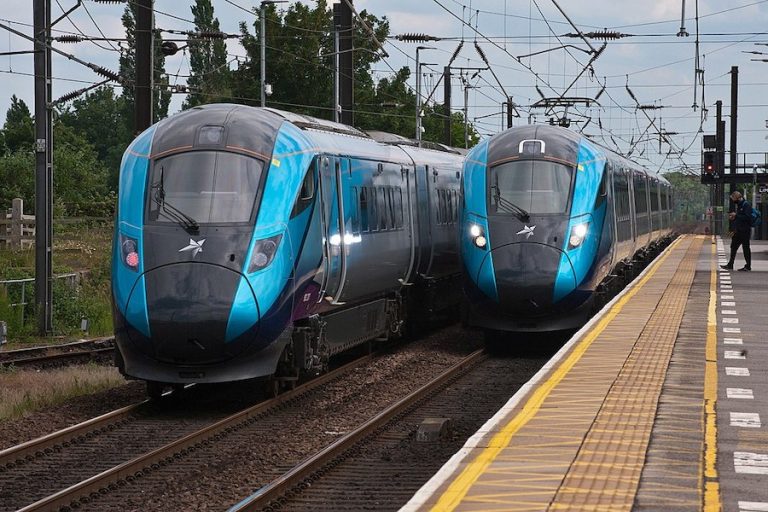
Major rail investment set to transform Manchester-Leeds commutes

“His presence will be deeply missed” Children’s hospice bids farewell to their visionary CEO

Has Gordon Ramsay created Manchester’s ultimate bottomless brunch?

The Clink celebrates ten years of empowerment and second chances
